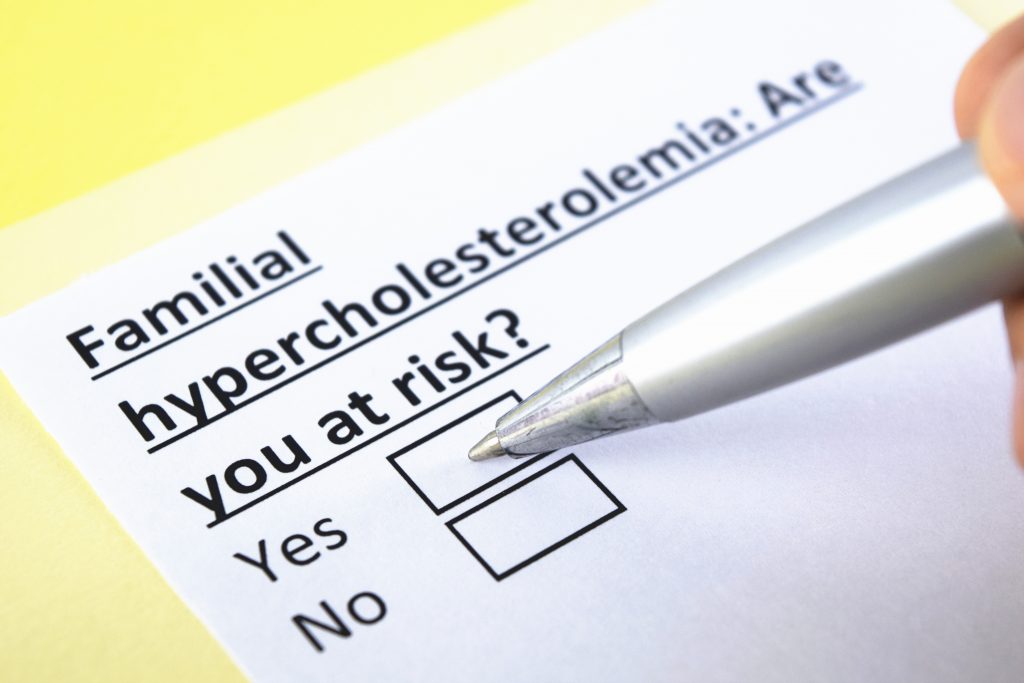Arq. Bras. Cardiol. 2022; 118(4): 678-679
Targeted Screening of Familial Hypercholesterolemia in 11 Small Brazilian Cities: An Effective Approach to Detect Clusters of Affected Individuals
This Short Editorial is referred by the Research article "Screening for Familial Hypercholesterolemia in Small Towns: Experience from 11 Brazilian Towns in the Hipercolbrasil Program".
Familial hypercholesterolemia (FH) is an autosomal codominant disease associated with high levels of LDL-cholesterol and premature atherosclerotic cardiovascular disease. The condition is underrecognized, and screening tools must be implemented to improve diagnosis and promote early treatment. The screening methods include universal, selective, cascade, reverse cascade, and oportunistic screening;, however, in small cities in certain regions, where founder effects can be present, target search for affected individuals can be an interesting option. The HipercolBrasil is a genetic cascade screening program carried out in the Heart Institute, with more than 2,000 patients identified with pathogenic variants, and from these results, index cases (IC) from small cities with pathogenic variants were selected to amplify the cascade. The program performs genetic tests for FH in individuals with confirmed LDL-C ≥ 210 mg/dL in two separate analyses: (IC) and in first-degree relatives of those in whom pathogenic or likely pathogenic variants were identified.
In our country, the recommendations for genetic testing follow the First Brazilian Guideline for Familial Hypercholesterolemia, endorsed by the Update of the Brazilian Guideline for Familial Hypercholesterolemia – 2021.
[…]
526

